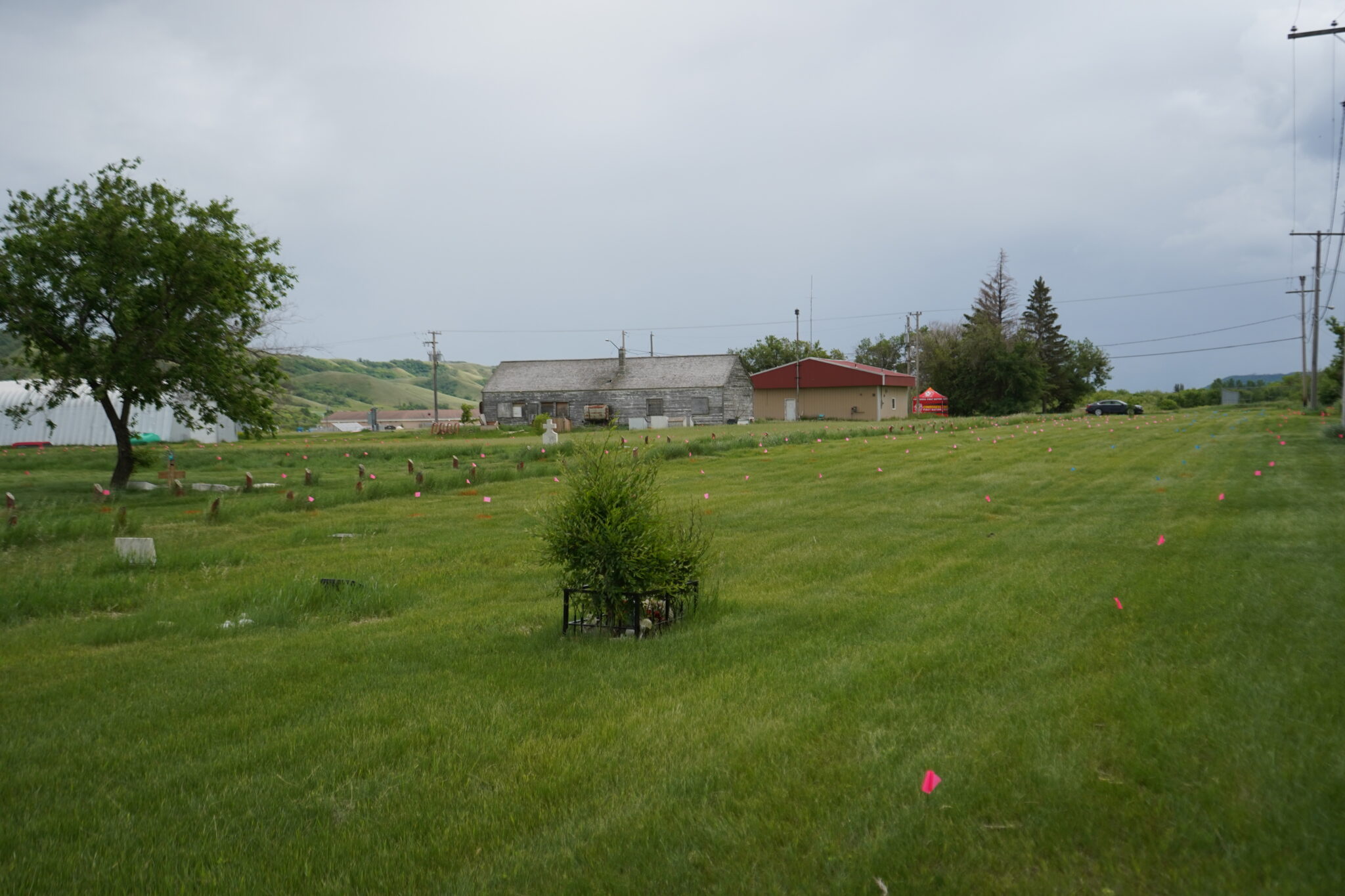WARNING: The following story contains details some readers may find disturbing.
Kimberly Murray is now Canada’s first independent special interlocutor for unmarked graves at former residential schools.
Canada’s Justice Minister and Attorney General, David Lametti officially appointed Murray to the role on Wednesday.
Asked how her work will help communities across Canada who are in the process of discovering unmarked gravesites, Murray said with sites being discovered in different parts of the country it’s really important to recognize the different barriers and unique challenges each jurisdiction will present.
“When it comes to the search, what laws will be triggered when they find burials. Who gets called in, who doesn’t get called in, and which Indigenous law will apply. Part of the mandate of the Special Interlocuter’s office is to try and weave our way through all the conflicting jurisdictional quagmire mess that exists right now and try and find a solution for moving forward,” she says.
Murray thinks the important part of her new role is to be there to help communities that are just starting the process of discovering unmarked gravesites. “They don’t know how to start, they don’t know where to begin and one of the most important things is to bring people together, to bring the communities together so they can learn from one another,” she said.
Murray, a member of the Kanesatake Mohawk Nation, served as Ontario’s first-ever Assistant Attorney General for Indigenous Justice from 2015 to 2021.
Before that, Murray was the Executive Director of the Truth and Reconciliation Commission and is currently the Executive Lead for the newly-created Survivors’ Secretariat at the Six Nations of Grand River working to recover the missing children and unmarked burials at the Mohawk Institute.
Murray’s appointment to the new role comes after the federal government said last August they intended to appoint a Special Interlocutor to work with First Nations, Inuit, and Metis governments, representative organizations, communities, survivors, and families to make recommendations on how best to address the legal questions associated with unmarked graves.
The Indian Residential Schools Crisis Line is available 24-hours a day for anyone experiencing pain or distress as a result of his or her Residential school experience or for those affected by these reports. The 24-hour crisis line is available at 1-866-925-4419.




